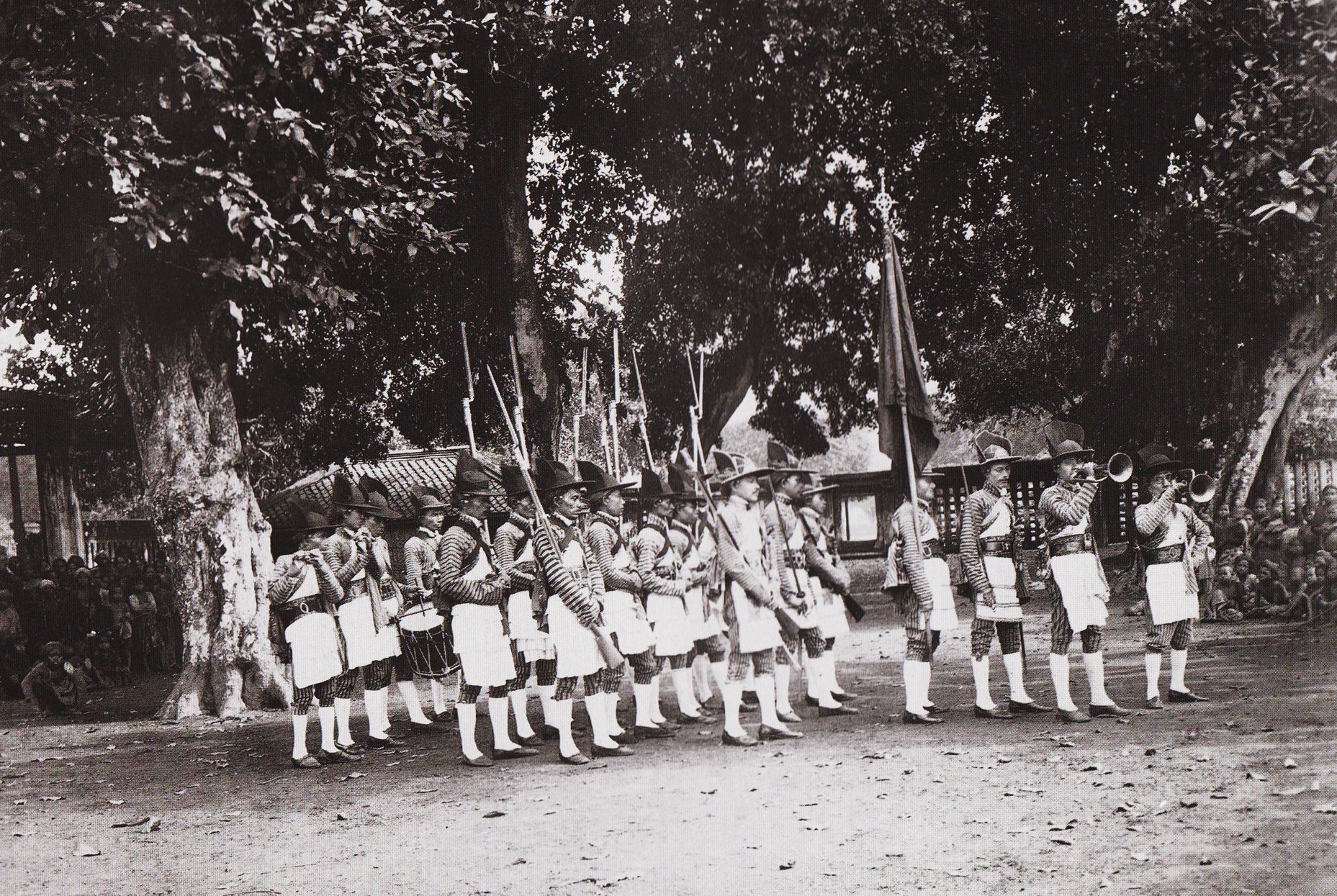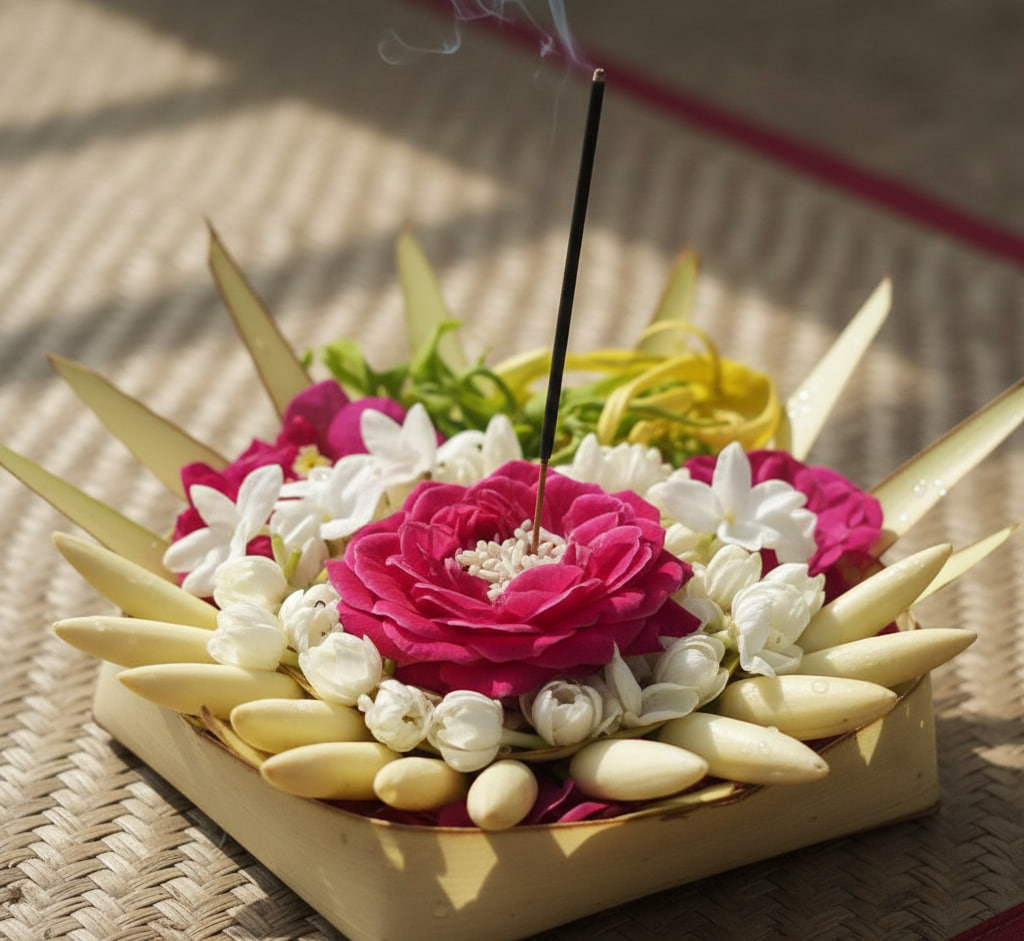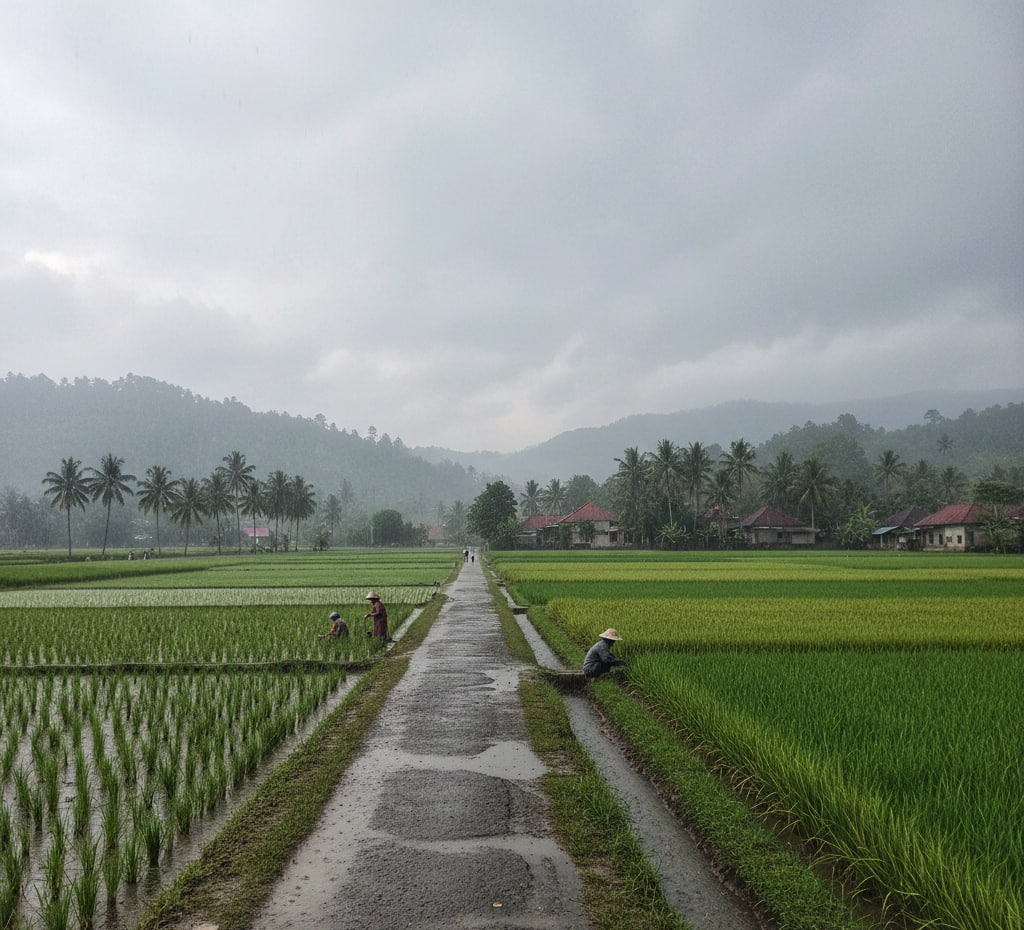News
Padusan Tradition: Welcoming the Ramadan in Javanese Culture
One of the most awaited moments by Muslims in Indonesia is the holy month of Ramadan, which only comes once a year. The month of Ramadan has a characteristic of physical and spiritual purity, therefore in welcoming it, it is necessary to purify oneself. The euphoria of Ramadan is also felt by various levels of society in Indonesia, especially in Java. Javanese people, especially Central Java and Yogyakarta, have an activity of purifying themselves to welcome the holy month of Ramadan called padusan. Padusan itself comes from the word adus which means bathing. Padusan is a ritual passed down from ancestors to purify oneself physically and mentally. Usually Javanese people perform padusan one day before the month of Ramadan begins. The procedure for performing this padusan is by soaking or bathing in a water source from noon to evening. The early history of the emergence of the padusan tradition began in the era of the Majapahit Kingdom where Ksatria, Brahmana, and Empu routinely performed self-purification rituals. This tradition combines elements of Hindu, Buddhist, and Animist cultures that have long developed on the island of Java. Then, padusan became part of the Javanese tradition that was acculturated with Islamic teachings by the Wali Songo. Over time, the Padusan tradition continues to develop and become an important part of Indonesia's cultural heritage preserved by the Javanese people. Padusan essentially has a deep meaning, namely as a means for self-introspection regarding mistakes that have been made in the past. The goal is to raise self-awareness in order to become a better individual.



NIDI
02 Feb 2025 18:56 WIB Tradisi Padusan sekitar 1980-an masyarakat Jawa di Lampung juga banyak saya lihat dan saya sendiri juga ikut melakukannya, hanya teriringnya waktu tradisi tersebut sudah jarang dilakukan bersma masyarakat Jawa, mereka melakukannya sendiri-sendiri.....Tradisi padusan sebenarnya bagus sih,.......